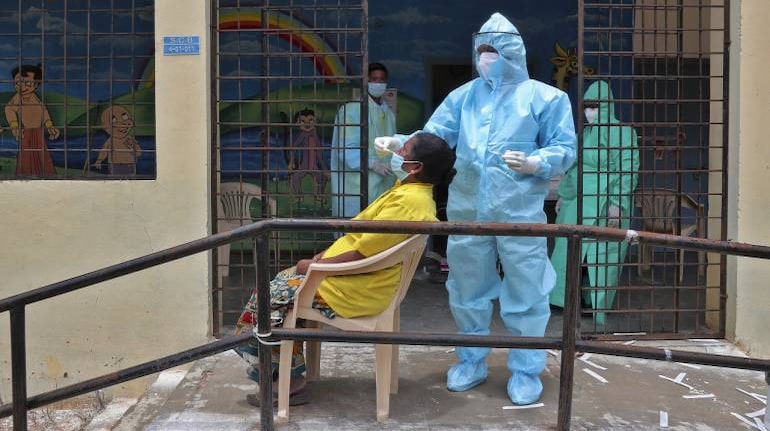The minister also asserted that "extreme caution and not panic” should be the response of the city, and people should exhibit greater alertness and responsibility in public places to deal with this health crisis.
Despite a sharp surge in COVID-19 cases in the national capital over the last fortnight, the Delhi government has ruled out possibility of another lockdown, with Health Minister Satyendar Jain asserting that the economy "cannot be kept shut for eternity" as livelihoods of millions depend on it.
The minister also asserted that "extreme caution and not panic” should be the response of the city, and people should exhibit greater alertness and responsibility in public places to deal with this health crisis.
In the first eight days of the month, Delhi registered 22,378 fresh coronavirus cases, including 3,609 fresh coronavirus cases on Tuesday, the highest single-day spike in 76 days, as the city moved towards two lakh-mark with over 4,618 deaths due to COVID-19 so far.
Follow our LIVE blog for the latest updates of the novel coronavirus pandemic
Amidst an atmosphere of anxiety due to the massive surge in Delhi, especially after the coronavirus cases were steadily declining in August, Jain said, "this is once in a century pandemic after the Spanish Flu of 1918. And, people will have to learn to live with COVID-19 as it is not going away so soon”.
”Also, one can’t keep everything (economy) shut for eternity, as the livelihoods of milions depend on it,” the Delhi health minister told.
Follow our full coverage of the coronavirus pandemic here.








